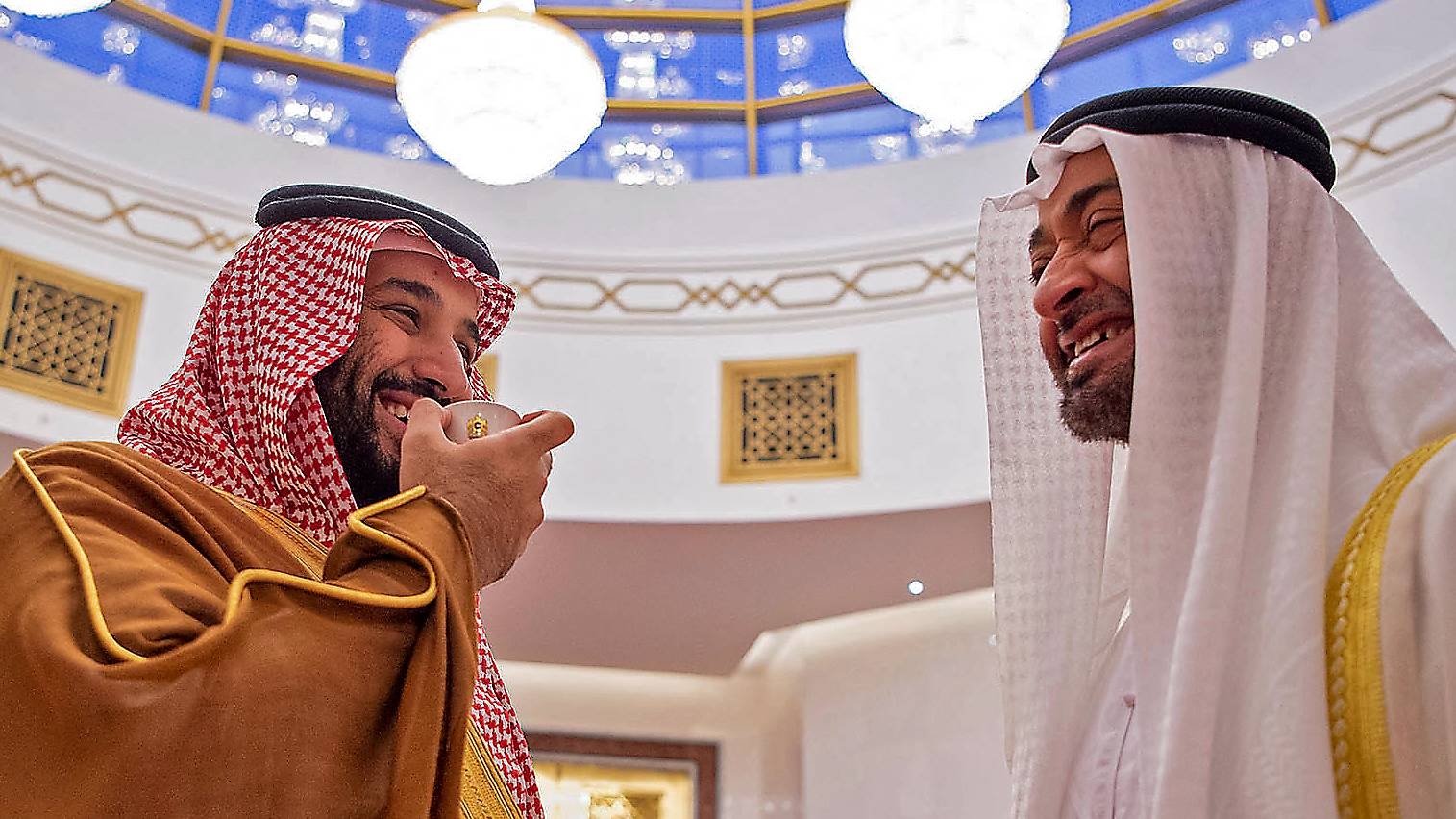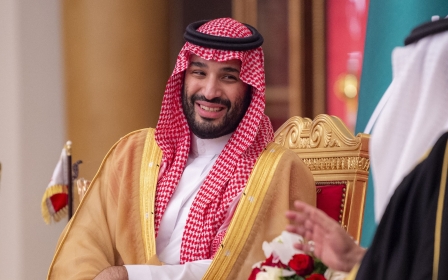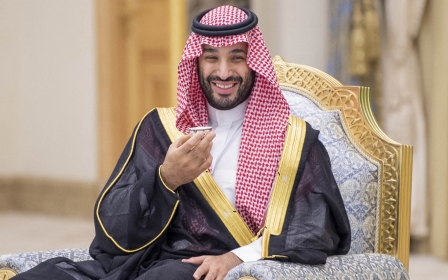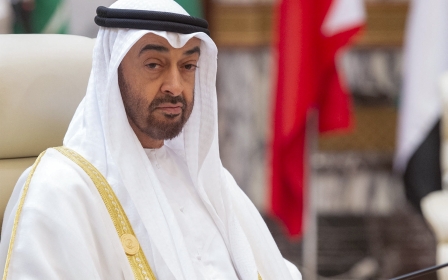Saudi Arabia and UAE leaders 'reject calls with US President Biden'

The White House has reportedly failed in its attempt to arrange calls between US President Joe Biden and Saudi Crown Prince Mohammed bin Salman and the crown prince of Abu Dhabi, Mohammed bin Zayed Al Nahyan, the Wall Street Journal reported.
Although the calls were intended to focus on building international support for Ukraine and the control of surging oil prices, the leaders of both Gulf countries declined US requests to speak to the president.
Officials have said the rejection comes as Saudi and Emirati officials voiced their criticism of American policy in the Gulf in recent weeks.
The Saudis and the Emiratis share concerns about the US response to the recent missile attacks by the Iran-backed Houthi rebels in Yemen.
Both governments are also concerned about the revival of the Iran nuclear deal, which has entered into its final stages of negotiations in Vienna.
Biden spoke to King Salman on 9 February and they reiterated their longstanding relationship. However, the Gulf snub comes as Washington works on maintaining good relations with the oil-rich countries, as oil prices pass $130 per barrel for the first time in nearly 14 years.
Saudi Arabia and the United Arab Emirates (UAE) are the only two major oil producers that can pump millions more barrels of oil, which could help the crude market in America when gasoline prices are soaring.
However, both countries have declined to pump more oil, saying that they are sticking to the current production plan approved by Opec+, the Organization of the Petroleum Exporting Countries and a group of allies led by Russia.
Last week, both the Saudi crown prince and Sheikh Mohammed took phone calls from Russian President Vladimir Putin, who launched an invasion of Ukraine on 24 February, after declining to speak to the US president. They also both later spoke to Ukraine's President Volodymyr Zelensky.
'Simply, I do not care'
One US official told the Wall Street Journal that MBS is the chief Saudi decision maker the Biden administration will have to work with, on everything from energy policy to normalising relations with Israel.
Underscoring the tension in US-Saudi relations, MBS warned the US against interfering in the kingdom's internal affairs in an interview with The Atlantic published last week.
“We don’t have the right to lecture you in America. The same goes the other way,” he said.
When asked whether Biden misunderstood things about him, he said, “Simply, I do not care.”
The Atlantic article - written by a journalist who had undertaken three years of travel to Saudi Arabia and had several meetings with MBS, as well as some of his critics and supporters - gives an insight into the prince’s views on China, Saudi Arabia's relationship with the US, and the murder of Saudi journalist Jamal Khashoggi.
Middle East Eye propose une couverture et une analyse indépendantes et incomparables du Moyen-Orient, de l’Afrique du Nord et d’autres régions du monde. Pour en savoir plus sur la reprise de ce contenu et les frais qui s’appliquent, veuillez remplir ce formulaire [en anglais]. Pour en savoir plus sur MEE, cliquez ici [en anglais].





